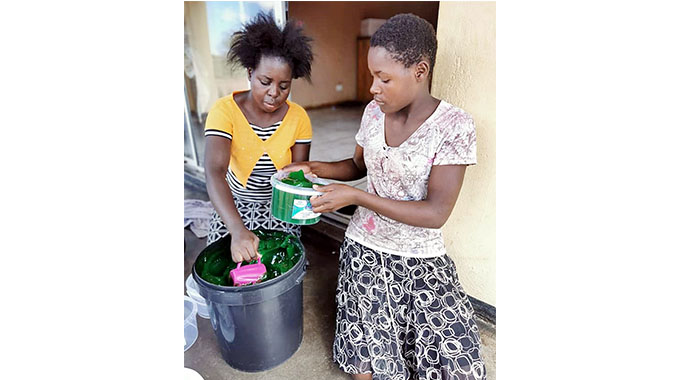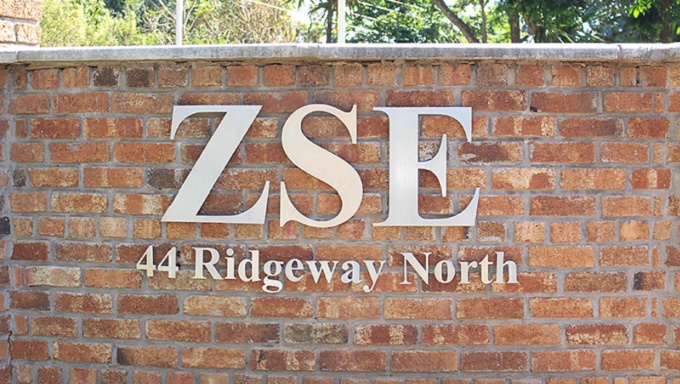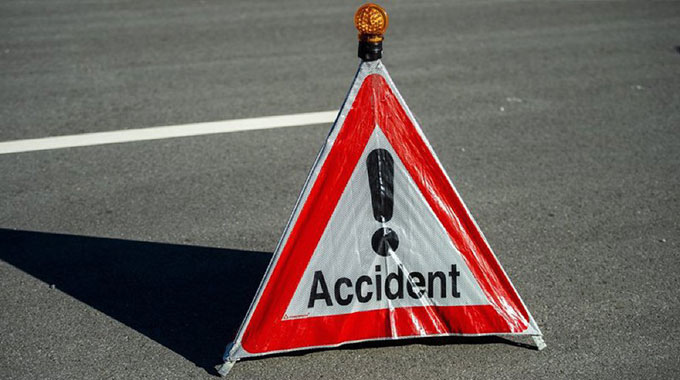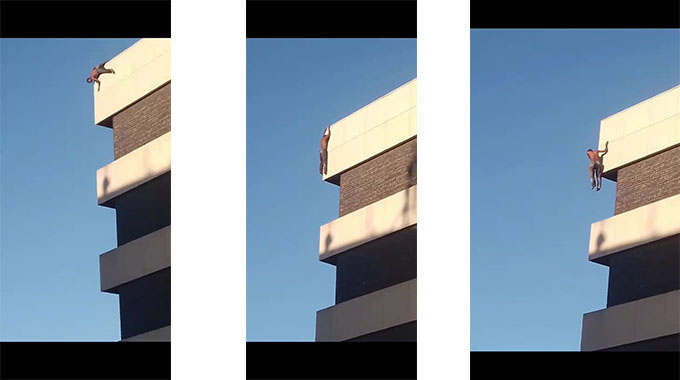Beitbridge philanthropist follows in Jairos Jiri footsteps

Mashudu Netsianda, Senior Reporter
DUE to a conflict of interest, she had to sacrifice her well-paying job as a social worker at an international non-governmental organisation to establish a centre for the economic empowerment of disabled women and victims of sexual and gender-based violence (SGBV).
Mrs Babongile Mudau-Gora (37), who appears to be following in the footsteps of the late Zimbabwean philanthropist Jairos Jiri, decided to set up a centre for disabled women and victims of SGBV, Mudi wa Pfulufhelo (Home of Hope) Safe Haven after she dreamt of the project nine years ago.
The centre, which is based in the border town of Beitbridge, officially opened its doors in October last year, marking the fulfilment of her dream. The centre, the first of its kind in Matabeleland South province, also caters for the country’s southern region.
The centre offers psycho-social support, trauma counselling and economic empowerment training in income generating projects to abused women and girls of all ages by bringing them into a place where they are far from their abusers.
Although Mudi wa Pfulufhelo offers temporary shelter to survivors of SGBV for a maximum of six months, it has brought a ray of hope to a number of victims, some of whom had nowhere to go.
Mrs Mudau-Gora, a qualified social worker, believes her work is a calling from God which was manifested to her through a dream. The local community has since christened her “woman with a golden heart” because of the good works that she is doing in the community.
“Mudi wa Pfulufhelo is a culmination of a dream, which I had in 2011. In fact, I strongly believe that when I had that dream to set up the centre, that in itself was clear testimony of a calling from God,” she said.
Mrs Mudau-Gora said by virtue of being a social worker by profession, she worked with several women and children who were subjected to sexual and gender-based violence.
“I then discovered that there was a huge gap in terms of service provision for SGBV survivors in Matabeleland South province. I sold the idea of setting up a centre to cater for such people to my husband and together we agreed to start the safe haven,” she said.
“Primarily, our aim is to ensure that the survivors are equipped with the essential skills so that upon leaving the centre they can be able to independently start their own income generating projects and sustain themselves financially.”

Mrs Babongile Mudau-Gora
Using her own savings, Mrs Mudau-Gora has taken it upon herself to employ personnel to man the centre as well as train disabled women in various income generating projects including nursing staff to provide health care at the institution.
“Although over the years, violence perpetrated against men has become rife, women and children are the main victims, hence them being our target population. I chose Beitbridge district not only because it is my hometown, but it has a high number of SGBV cases that are being reported on a daily basis,” she said.
“I was also targeting stranded female deportees since they are mostly vulnerable and prone to abuse,” she said.
Mrs Mudau-Gora said although there are many other service providers in the district handling SGBV cases, they however, are not offering a full package.
However, Mudi wa Pfulufhelo provides an all-inclusive package. Mrs Mudau-Gora said most of the cases that they handle at the centre involve rape victims who would have been sexually abused by known perpetrators and domestic violence.
The centre is manned by two social workers, two peer educators and two matrons, one of which is a relief staff member.
“Mudi wa Pfulufhelo is a safe haven for survivors of sexual and gender-based violence who would have been abused and have nowhere else to go. As a social worker, I once worked as a volunteer for an organisation that handled GBV survivors during which I used to interact with quite a number of them as they came in for counselling services, but unfortunately, they would return to the same places of abuse,” said Mrs Mudau-Gora.
“For instance, you have a girl child who would have been abused by her uncle or father with the family deciding not to report to the police, and that victim is taken back to that same home thus exposing them to the danger of being abused again. I therefore saw the need for a safe haven for such people.”
Mrs Mudau-Gora said although the facility does not accommodate abused men, counselling services were available for them.
During their stay at the shelter, the women will be given access to vocational training skills so that upon their release they are able to do various income generating projects.
“I realised that organisations offering services for SGBV survivors were not offering a complete package hence I identified that gap in terms of service delivery. At Mudi wa Pfulufhelo Safe Haven, we offer trauma counselling to victims and we keep them for a period of three to six months depending on their situation and individual needs. Ideally, we want them to get ample time to heal,” Mrs Mudau-Gora said.
She said survivors of SGBV are offered technical skills through small income generating projects and so far, they have 15 survivors of SGBV who are staying with their children.
The centre recently launched a new project of manufacturing detergents and hand sanitisers as part of efforts to fight against the deadly Covid-19.-@mashnets











Comments